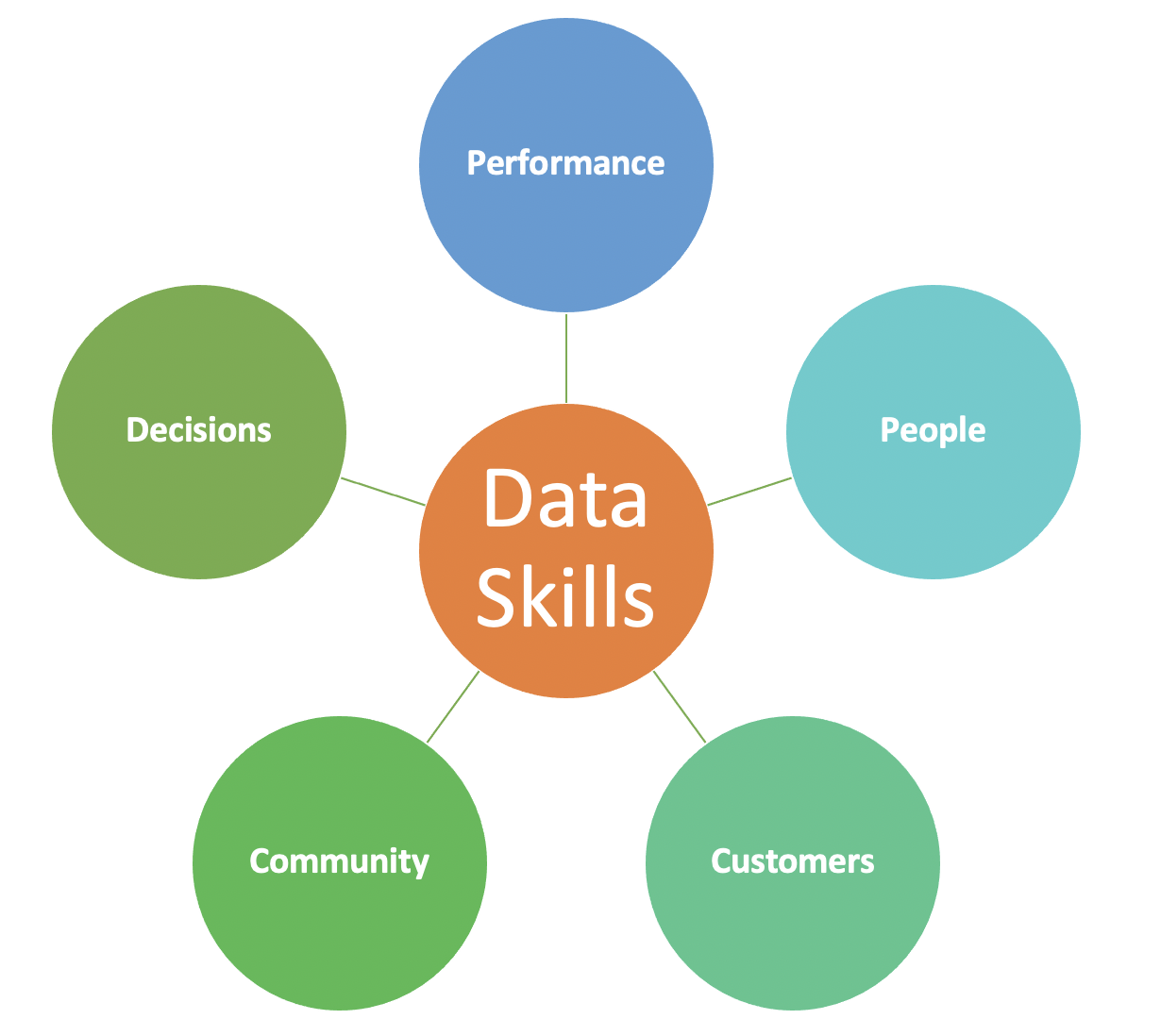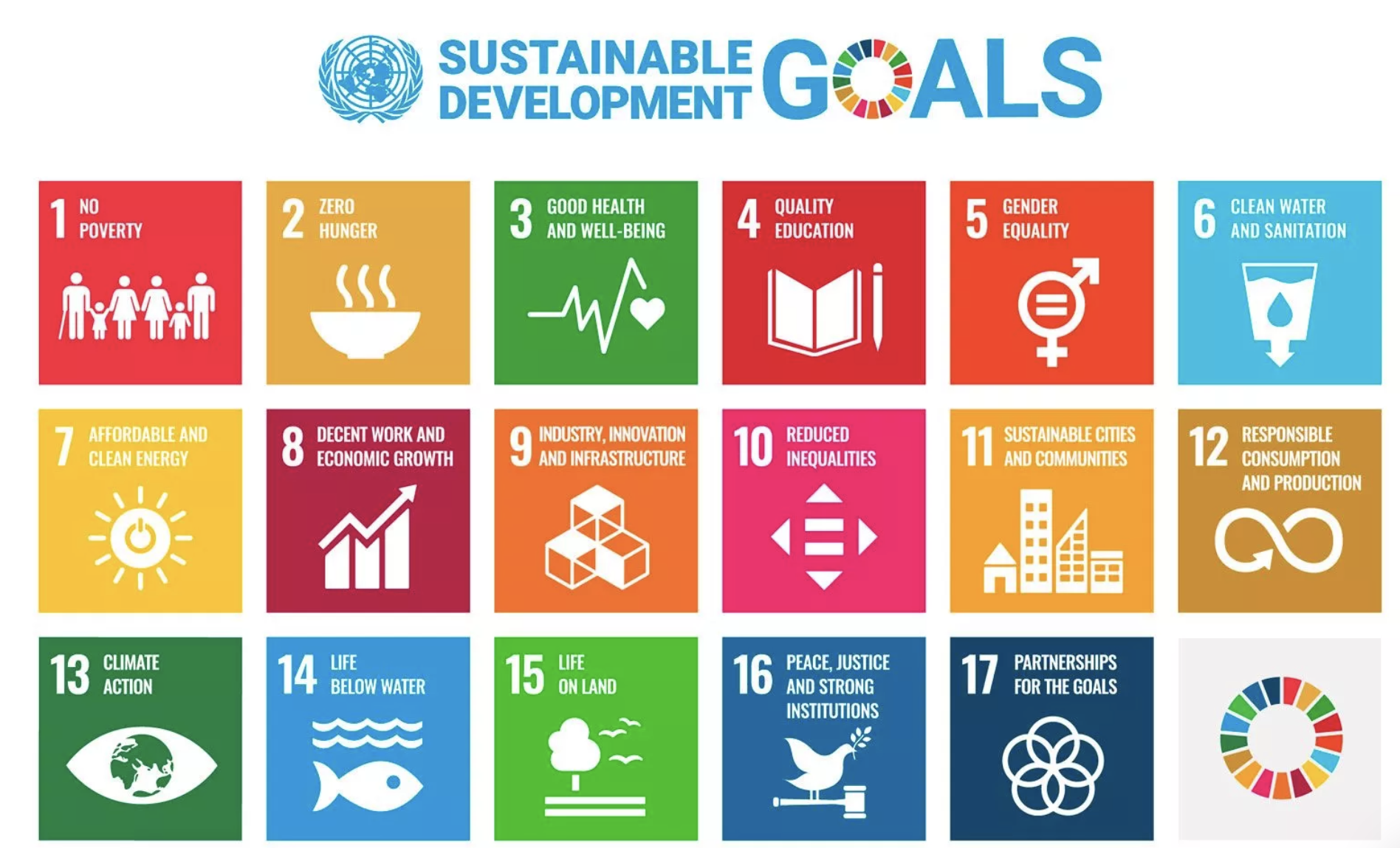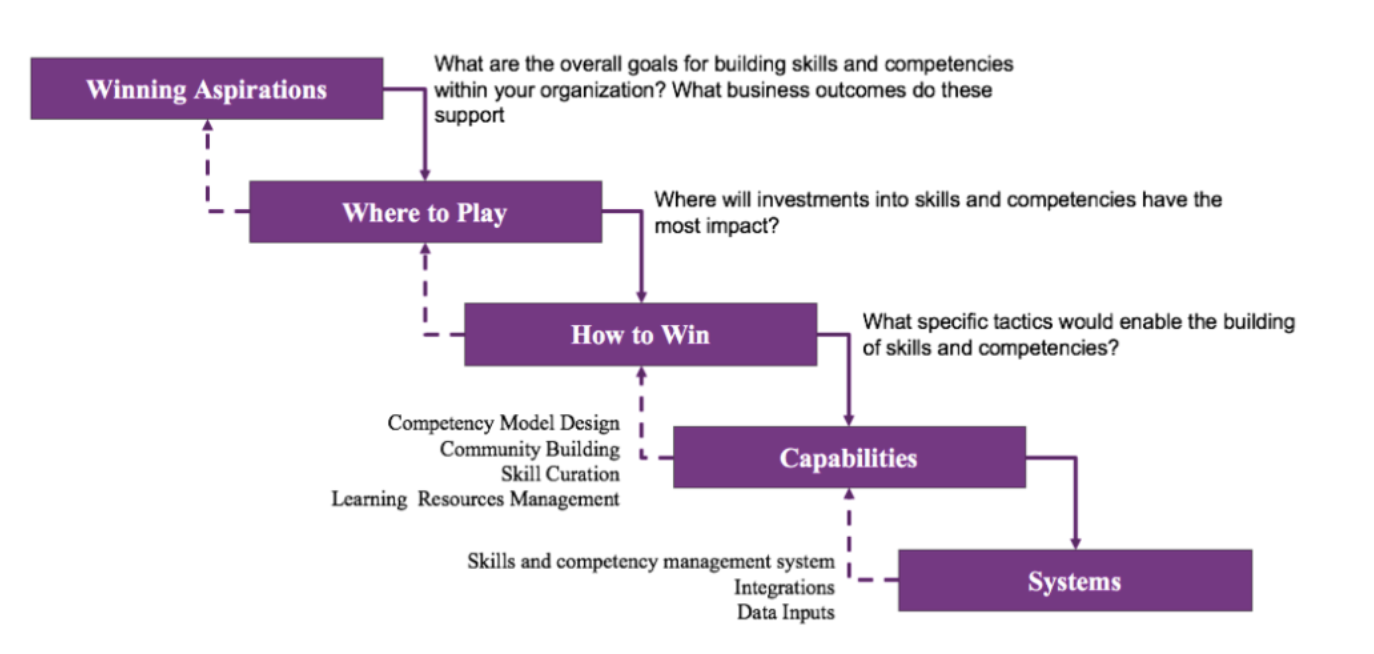What does data literacy do for you?
Karen Chiang is co-founder and managing partner at Ibbaka. See her skill profile here.
If your organization has a digital transformation strategy, data literacy will be a critical competency that your people will need to develop. The ability to read, understand, create, and communicate data are the key skills required for data literacy. Indeed, data and information is a critical asset of any business. I will write more about skills required for data literacy later but today I’d like to begin a dialogue around some of the outcomes that organizations are trying to achieve as they focus their data lens.
Five areas come to my mind when I think about the winning aspirations or goals that are prompting firms to embrace data:
Improve business performance
Better serve customers
Enable the success of our people
Create a positive impact on society
Inform sound decisions
Skills can be linked back to each of these goals.
Let me consider each of these in turn.
Improve business performance
In one of my previous posts, I outlined some business aspirations. Revenue is a standard economic measure of business performance. We collect data about our market, so that we understand how we can better serve their needs. Selling our product, service, unique capabilities (our offering) translates to revenue… Firms are tasked to sell and usually to sell more. As such, we use data to understand how to prioritize our market segmentation. Because we have limited time and resources, it is prudent for us to serve those groups of customers who find value in what we provide and are happy to pay for that value.
Read Winning Aspirations - What pricing goals are we trying to achieve for more on performance.
Better serve our customers
At Ibbaka, we help our businesses to not only dig deeper into understanding their prioritized markets, we also stress the importance of gathering and analyzing the data that provides evidence of how value is delivered throughout the customer journey. We celebrate each time we acquire new customers. Equally we strive to celebrate the longevity of our customer’s lifespan with us. We know that to have a healthy business we need to keep our existing clients happy. Understanding the data that you need to monitor the health of your relationship with your customers is critical to finding ways in which we can better serve our customers. Do we have the data that will demonstrate that we are delivering on our value propositions? Data can help inform ways for us to adjust our interactions to improve engagement and drive both the value to customers (V2C) and the lifetime value of our customers (LTV).
Enable the success of our people
Businesses rely on the talent of their people to achieve results. As such, organizations are tasked with enabling their people to be effective, productive and committed to making a contribution. Ibbaka enables organizations to look at the capabilities and skills needed to get things done. From an analytics perspective, we want to explore opportunities for growth.
Do we have the skills necessary to execute on our vision?
Can data on skills be used to identify skill gaps that will jeopardize my organization's ability to compete?
Is there hidden potential that we can develop to increase resilience or adaptation
Given that we are a leader in our industry, how can I be sure that I am enabling proper research and development that will fuel our leadership through innovation? Are there differentiated capabilities that I can leverage that will advance and shape the market in which we operate in. Data on our people can also inform learning and development. Of course, this data will also give insight into performance.
Create a positive impact on society
Data literacy is also required for society initiatives. For example, the United Nations Member states agreed to the 2030 agenda for Sustainable development. In doing so there was a recognition that specific targets as well as a data framework would be required to measure progress on these targets.
One hundred sixty nine targets are connected to 17 headline goals to measure achievement. Indicators are specifically designed to follow-up on sustainability goals. Each year the UN Statistic Division produces a report summarizing the progress at a global level. See IFLA’s briefing on Data and Sustainable Development Goals for more details.
Inform sound decisions
At the end of the day, as executive, leaders, and even as individuals, we are looking to make decisions. Data can be used to help us think through the strategic choices we need to make. Data is used to track whether we are on target in reaching our goals. We invest heavily into market research to understand the market segment that we are targeting. As we design our pricing strategy based on value, we want to be able to quantify willingness to pay, the distribution of how our market will engage with our pricing tiers, gain better understanding of what feature sets will trigger better engagement, and consequently high-levels of spend. To better enable our people to succeed we need to know what skills they have to understand their competencies so that they can be better applied. There are many systems that we use within our organizations that provide us with data.
When thinking about our data literacy initiatives, we can frame our talent choices by using this model.
What are we trying to achieve with data literacy? Which investments related to data literacy will have the most impact? In what ways can we enable the acquisition and growth of our skills and competencies as related to data literacy. How do we drive these capabilities and create a strong data culture and mindset? What systems do we need to tap into to collect data, analyze and present insight?
Being able to understand the data we need, being able to analyze that data for insights, and being able to discern choices so that we can take the best action are all aspects of data literacy.
Ibbaka is helping organizations understand the critical skills needed to embrace digital transformation. Data literacy is a key competency required by many organizations. We’d like to learn more about where you are in your journey of enabling data literacy. As a starting point, take my












